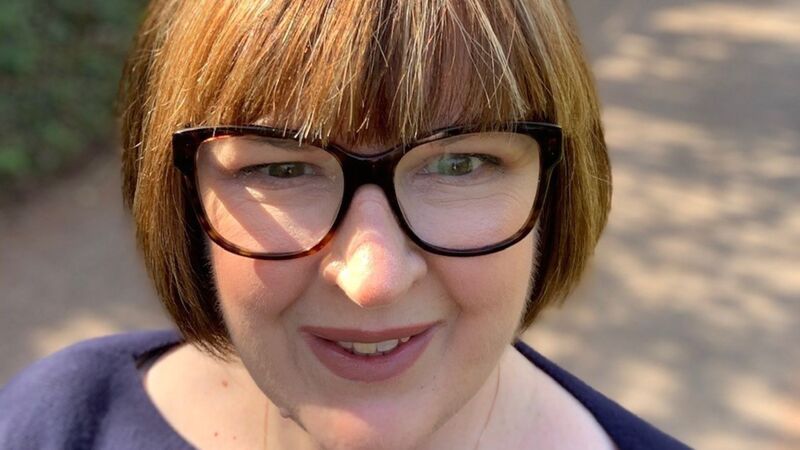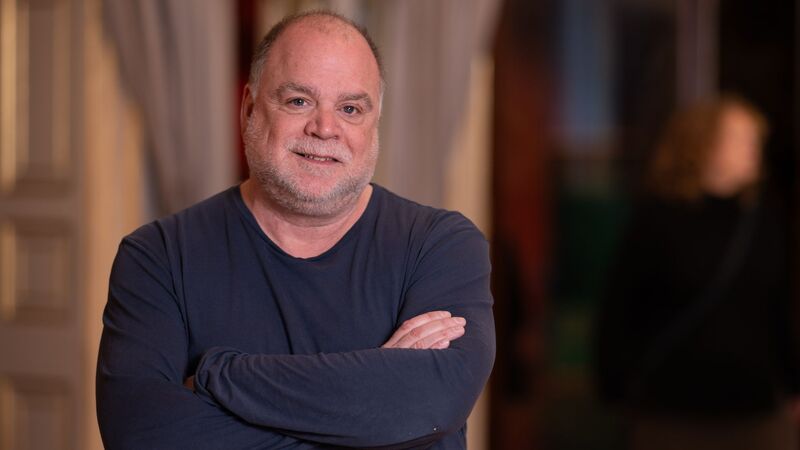You are viewing your 1 free article this month. Login to read more articles.
Author festival pay row could be solved for as little as £20 per head
Literary festival organisers and authors continue to grapple over the issue of author pay and the appropriate remuneration for speakers' time at literary festivals, because many events are run as charities.
Speaking at the Literary Festival Forum at London Book Fair yesterday (14th April), former Society of Authors (SoA) chair and biographer Anne Sebba said that authors "expect to be paid" if the festival is "commercial". However, some authors said they'd be placated by as little as the cost of a round of drinks.
"Meeting your readers is wonderful and I love that but, as a former chair of the SoA, I really have to reflect that authors do expect to be paid these days," she said. "It's a very controversial subject and what several authors have written is they don't mind how little they're paid, and they do understand that if festivals are not commercial it's not feasible, [but] several have said even if they're just paid £20 or £30 - just to reflect they are a professional, they are giving up time preparing what they're going to say (they'd be happy with that)."
She added: "...It's a reflection of the three/four years you have spent writing the book. Something that just indicates your contribution is being recognised - if it's commercial - is the way most festivals are going," she said.
Local sponsorship could be a "win-win" solution, according to Sebba who, while chair of Arts Richmond, persuaded the Richmond Festival of Literature to go down this route. "It is possible to get sponsorship," said Sebba. "Festivals have to work harder but there's no reason why companies wouldn't want to be involved in sponsorship: it's a great link to show you care about festivals and those who go have disposable incomes. It's a win-win situation, I think."
For festivals that are run as charities, however, the issue is "tricky".
Zool Verjee, sales development manager at Blackwell's, the official bookseller for the Oxford Literary Festival, explained how the festival made a loss overall last year and before that only made "a very small profit" in the region of £3,000 or £4,000.
"We're not talking about huge bags of money," he said. "It is a really, really tricky issue. On the one hand you've got the argument that authors should be paid for their time, just like any other profession should be. Any other profession you care to think of, you wouldn't ask them to give their professional time without a cheque for doing so. The example that was given, you wouldn't call out a plumber and say 'you know, you're doing this for your profile'! But the fact that if a festival isn't profitable, and it doesn't have the money, what happens there?"
"The (Oxford Literary) Festival is looking at it for 2017, so hopefully it will go away as an issue because the authors will be paid. They've said they're definitely looking at it, I know they're looking at it very carefully," he added.
The policy of the Emirates Airline Festival of Literature, also a charity, is to treat authors as "very special guests" on all expenses-paid "holiday", said Isobel Abulhoul, founder and director of the festival. To offer a small fee in its place would be construed as "insulting," she said. Benefits for authors include "the best green room in the world" where "lifelong friendships" can be made, opportunities to talk about having their work translated into Arabic and going into the desert to camel camps and to see the old part of Dubai.
"There's so much they can do, so it is a holiday," said Abulhoul. "And they also get to see their fans and sell lots of books." She explained: "Our policy is that we treat all authors equally across the board - because we're bringing debut novelists, we're bestselling writers and we're bringing authors from around the world and we cover all expenses, so we cover their travel, we cover their hotel accommodation, we cover their expense of getting to the airport, their social programme, and they can stay for up to six nights, even if they're only doing one or two events. And we feel, actually, were we to give them £100 or the equivalent, in a way it would be insulting. Many of the authors come with a spouse and when we can if we do have budget then we pay for that too (we can't always do that) so we have no problem in attracting authors. We treat them as you would very special guests."
She added: "Our authors always want to come back. I would be very happy to speak to authors and say 'would you rather we didn't do this and that we out you economy and put you in a b&b but pay you a fee' ...I know if was me I'd say no," she added.
In February, Abulhoul said the Think Twice campaign calling for UK authors to boycott the Emirates Airline Festival was “disappointing”. Earlier in the month author Jonathan Emmett and blogger Zoe Toft launched a campaign asking writers to boycott the event because it is sponsored by Emirates Airline, which is owned by the Dubai government. Author Matt Haig subsequently withdrew from the event.
What the panelists did agree on is that festivals were indeed a place book sales could be revitalised.
Sebba said: "I find people people queue up to have a signed, dedicated copy of an old book - because what you're doing is you're giving them a piece of you. So that's the real answer to this question: 'do festivals sell books?' The answer is of course they do. Because you are selling yourself, your explanation for why the book is interesting... To tell stories in a different format is what festivals offer authors."













